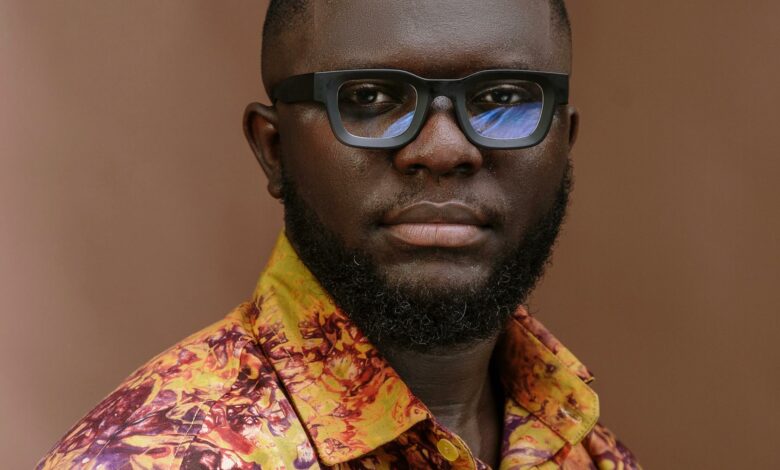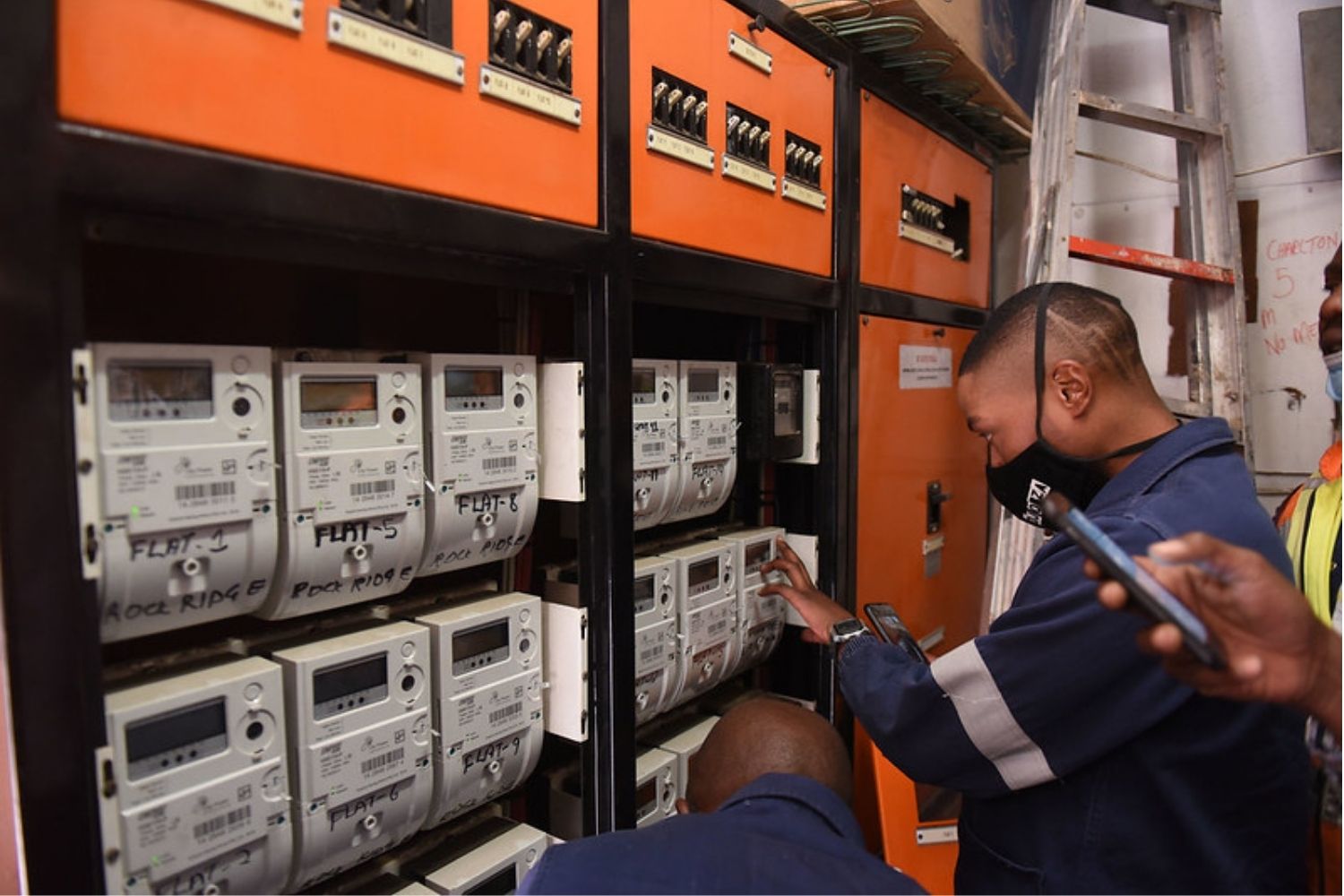From Ships to Planes: Terminal 3 and the Modern-Day slavery

In the heart of Accra, Ghana's bustling capital, stands Terminal 3 of the Kotoka International Airport. This state-of-the-art facility, with its sleek design and modern amenities, serves as a gateway to the world for many Ghanaians. However, for a growing number of young people, it represents more than just a point of departure; it symbolizes the beginning of a journey in search of greener pastures abroad. Yet, this growing wave of migration carries an eerie echo of history.
Centuries ago, Africans were dragged from their homelands in chains to build foreign lands during the dark times of slave trade. Today, young Ghanaians board planes willingly, passports in hand, chasing opportunities overseas, but the question arises: is this modern migration a form of self-imposed slavery, where they develop other nations at the expense of their own?
The article’s provocative title, “From Ships to Planes: Terminal 3 and The Modern-Day Slavery” invites us to explore this comparison. While the circumstances differ vastly, the outcome raises questions: are these young people, in choosing to develop other nations, inadvertently mirroring a past they never signed up for?
Why They Leave: The Pull of Greener Pastures
The system wasn’t made for me.
I paid for school m’awie
But can’t predict job go come or not.
I find some side hustle sɛneɛ kɔm nne me.
Me cert ayɛ waste now.
I’m starting from the base now.
Deɛ ɔte office ɔbrɛ oo.
Street no so deɛ yɛnka oo.
Obia ayɛ she oo
Kofi Mole ( All My Life Cover)
The reasons young Ghanaians leave are complex and deeply rooted in the country’s challenges. High unemployment, limited access to quality education, and a struggling economy already push many to seek opportunities elsewhere. But another critical factor driving this exodus is the poor salaries paid to young the few who are able to lay their hands on a job. Many are compensated with as little as 500 cedis per month i.e. roughly $30 USD.
To put that into perspective, this amount is barely enough to cover basic living expenses, let alone support a family or build a future. What makes this even more striking is the disparity in workload and pay. Young Ghanaians, whether nurses, teachers, or engineers; are often paid less for doing more work than their counterparts abroad. For example, a nurse in Ghana might manage a significantly higher patient load than a nurse in the UK, yet take home only a fraction of the salary. This isn’t just a paycheck issue; it’s a profound imbalance between effort and reward. While their peers overseas earn wages that reflect their skills and contributions, many in Ghana are trapped in a cycle of overwork and underpayment.
This harsh reality fuels the desire to leave. When staying home means settling for 500 cedis a month despite tireless effort, the promise of better wages and fairer opportunities abroad; whether in Europe, North America, Asia or even sometimes the Caribbean becomes impossible to ignore. For these young Ghanaians, migration isn’t just about escaping poverty; it’s about pursuing a life where their hard work is finally valued.
A Shadow of Slavery: Choice vs. Chains
This migration invites a haunting comparison to the slave trade. Back then, Africans were forcibly taken; shackled, shipped, and stripped of freedom—to toil for the enrichment of foreign powers. Their labour built empires, while their homelands bled. Now, young Ghanaians aren’t forced; they choose to go. No chains bind them as they pass through Terminal 3, but the destination is often the same: “the whiteman’s land,” where their skills and energy fuel economies not their own. The similarity lies in the flow of talent—Africa’s potential once again crossing oceans to benefit others. The difference? Agency.
Today’s migrants are driven by hope and necessity, not coercion. Still, the title’s question lingers: when your labour builds another nation while your own lags, does that freedom come with a catch?
The Cost to Ghana: Brain Drain and Remittances
The impact back home is a mixed bag. On one hand, Ghana pours resources into educating its youth—think of the doctors, engineers, and teachers trained at local universities—only to watch them leave. This brain drain hits hard.
The healthcare system, for example, groans under a shortage of staff as nurses and doctors chase better pay abroad. Yet, there’s a flip side: money flows back. In 2020, the World Bank reported that remittances to Ghana topped $3 billion. That cash props up families, pays school fees, and keeps the economy ticking. But does it balance the scales? Losing a skilled workforce slows development in ways dollars alone can’t fix. It’s a trade-off where short- term gains mask long-term losses.
Life Abroad: Dreams and Struggles For those who leave, the reality varies. Some strike gold—landing solid jobs, earning degrees, and building lives they couldn’t at home. They send money back, maybe even return one day with fresh ideas or investments. But it’s not all rosy. Others face a grind—low-wage gigs despite their qualifications, discrimination, or the loneliness of being far from home. The “greener pastures” can turn patchy, with exploitation or prejudice souring the deal. Success isn’t guaranteed, and the sacrifices—leaving family, culture, and roots—cut deep. Whether it’s a win or a struggle, their efforts often pour into the host country’s growth, echoing that old pattern of African labour lifting foreign lands.
Modern Slavery or a Fair Shot?
So, is Terminal 3 a gate to slavery? Not quite—but it’s not entirely off the mark either. Unlike the slave trade, this migration comes with choice and the potential for personal reward. Young Ghanaians aren’t victims in the same way; they’re players in a global game, betting on themselves. Yet, the system pushing them out—economic gaps, job scarcity—feels less like freedom and more like a cornered choice. And when their talents bloom elsewhere,
Ghana misses out, much like it did centuries ago. The “modern day slavery” label might overreach, but it forces us to ask: why are so many compelled to leave, and who really benefits?
The Fix
The fix isn’t simple. Ghana could stem the tide by creating jobs, upgrading education, and building a system that rewards staying. Think tech hubs, better infrastructure, or policies that spark entrepreneurship. At the same time, tapping into the diaspora—getting those abroad to invest back home—could turn brain drain into brain gain.
The goal?
A Ghana where Terminal 3 isn’t an escape hatch but a two-way door, with talent flowing in as much as out.
In the end, young Ghanaians aren’t chained, but they’re not entirely free either. They’re chasing dreams through Terminal 3, building lives—and other nations—while their own waits for its turn.
History doesn’t repeat itself here, but it rhymes just enough to make us wonder: how do we rewrite the tune?
You know what?
The Ghanaian rapper Kofi Mole summarizes this whole article in his ‘All
My Life Cover’.
Listen to the song Below:
Source: Kofi Sarfo Ababio|contributor





